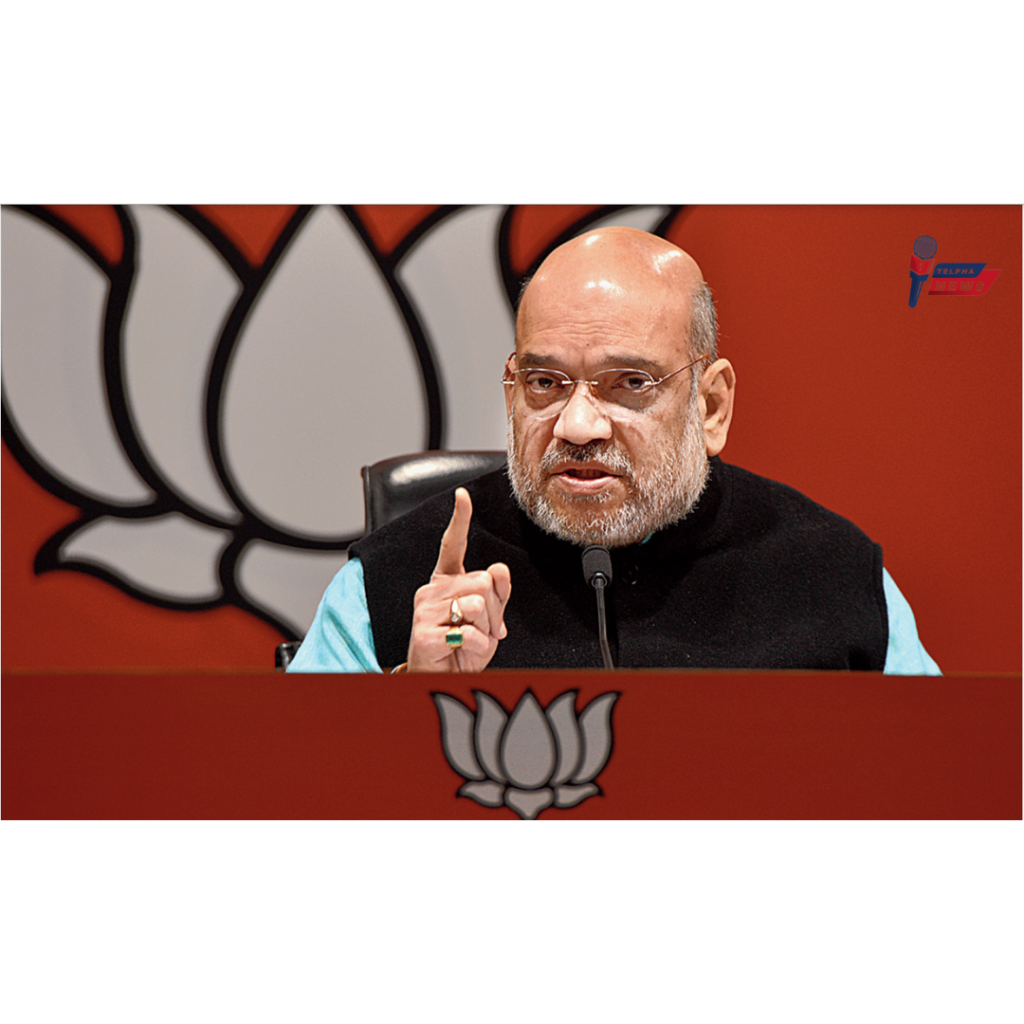In a recent political statement that has stirred considerable debate, Amit Shah, the Home Minister of India, issued a stern warning to the Congress party concerning its stance on Muslim reservation. This proclamation is not just a political jab but also an insight into the complex dynamics of reservation politics in India.

The Context of Amit Shah’s Statement
Amit Shah’s comments came during a public address in Haryana, where he criticized the Congress party’s position on reservations for Muslims. Shah asserted that the shift in political dynamics in 2014, with Narendra Modi’s ascension to the role of Prime Minister, marked the beginning of what he described as a “government of Dalits, poor, and backward people.”
Breaking Down the Statement
- Political Background: Amit Shah’s remarks are set against the backdrop of ongoing debates over reservation policies in India. Reservation, a system designed to uplift marginalized communities by providing them with certain benefits in education and employment, has been a contentious issue for decades.
- The 2014 Shift: Shah’s statement highlights a significant shift in Indian politics that he attributes to the 2014 general elections. The victory of Narendra Modi and the BJP was perceived by Shah as a transformative moment that changed the trajectory of governance, focusing more on inclusivity for Dalits and backward communities.
- Anti-Congress Sentiments: The underlying message in Shah’s warning is a critique of the Congress party’s historical approach to reservations and its perceived inadequacies in addressing the needs of Muslim communities within the reservation framework.
Analyzing the Impact
1. Political Ramifications: Shah’s remarks are likely to influence voter sentiment, especially among those who feel disillusioned with the Congress party’s handling of reservation issues. By positioning the BJP as a champion of Dalits and backward communities, Shah aims to solidify the party’s appeal among these voter groups.
2. Reservation Policies: The debate over Muslim reservation is complex and multifaceted. Shah’s comments may reignite discussions on whether Muslim communities should be granted reservations and how such policies should be structured to ensure fairness and effectiveness.
3. Public Perception: Statements like Shah’s often shape public perception and fuel political narratives. How the Congress party responds to this warning and how it frames its position on reservations will be crucial in shaping future political discourse.
Conclusion
Amit Shah’s anti-Congress warning on Muslim reservation underscores the high-stakes nature of Indian politics, where issues of reservation and minority rights are deeply intertwined with party strategies and voter base management. As the political landscape evolves, the ramifications of such statements will continue to resonate, influencing both policy decisions and electoral outcomes.
For those interested in the intricate details of Indian reservation politics and its impact on contemporary governance, staying informed about these developments is crucial. Keep following the latest updates and analyses to understand how these dynamics unfold and shape the future of Indian politics.